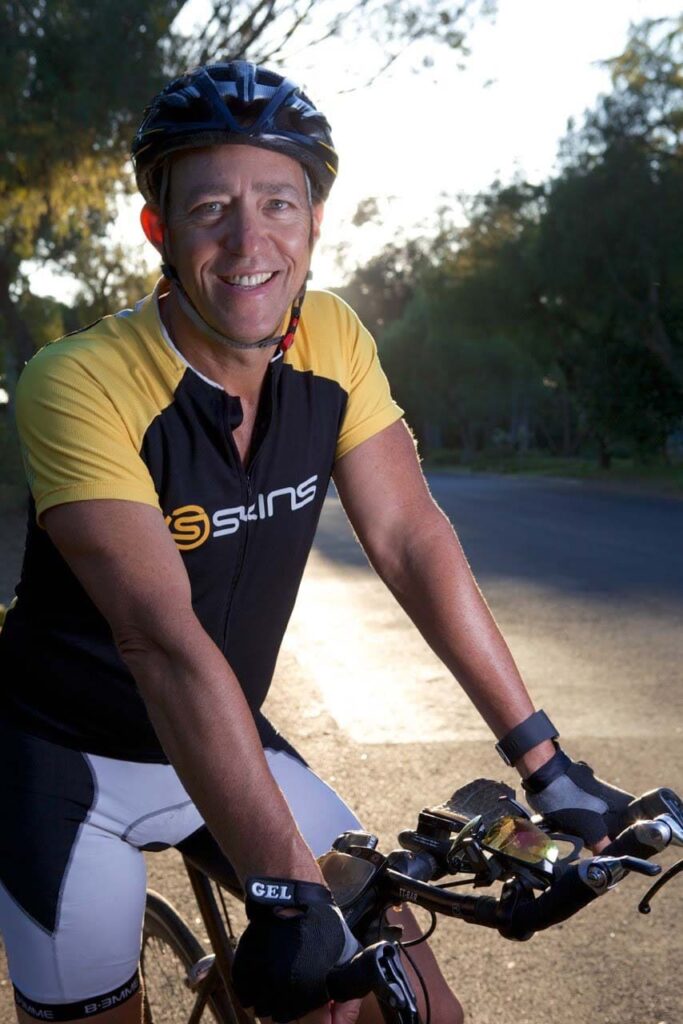My sister June died a couple of months after her forty-sixth birthday. She left behind a husband and two kids who loved her as much as she could have wished, a collection of in-laws who took her into their inner circle and called her their own, a group of friends and co-workers who admired and relied on her, and a couple of lost and lonely family members, one of whom was proud to call her his sister. The type of cancer that took her is irrelevant. She’s gone. What matters is she died too young; she didn’t live to see her dreams come true; she didn’t get to see her kids grow up; she didn’t get to grow old with her husband; and she wasn’t given the chance to endure the heartbreaks and feel the blessings a lady who grows old earns the right to endure and feel.
A 5,000-mile cross country bike ride — which I came to call Cycle of Lives — was the latest adventure I undertook in her honor, and the deepest by far, not just because it was a long ride, but because it brought me to a point where I could answer all the questions and feel all the emotions I felt about losing her. It brought me to that point, because this time, I rode in search of those answers and those emotions. I specifically sought them out. I planned my route to talk to the 15 book participants of my upcoming book who were touched by cancer — doctors, mothers, patients, caregivers, survivors, sons, daughters, and brothers, like me. And throughout this journey, together, we’ve thought about the unthinkable, discussed the undiscussable, and discovered some answers to the previously unanswerable questions that hung in our minds as we each went through our own traumas.
The seeds for my journey were planted more than a decade prior, as I slowly made my way around one of the 300 or so laps I ran at the local high school track that played host to an American Cancer Society 24-hour Relay For Life fundraising event. June died a few days before the event, and although she couldn’t keep her promise to camp out and watch all the people that day, I wanted to keep mine: to be on the track for the whole event.
That first relay was a gut wrenching, early summer’s day. I spent hours watching many loved-ones show their support for their family members or friends who were in the midst of fighting all manner of types and stages of cancer. I noticed the brave and the frightened and the stunned-into-numbness; the young and the old alike, who, if strong enough, were walking for their cause, or if not, sat quietly along and amongst the trackside camping areas, trying just to be present whilst engaged in their personal battles against cancer. I witnessed the wide-ranging interactions between people who were dealing with genuine trauma — the silence and hugs and tears and whispers and cries that came with each turn of my neck, each scan of my eye.
I’d like to say that I talked to more than a few people that day, but I can’t. I was preoccupied with my own somber inner workings. Besides, I witnessed things I couldn’t process or understand, let alone explore through talking to others. I was there on the track and not there, at times aware of myself and other people, and at times distracted. I was either stuck in my own head, or hypnotized by studying other people who appeared to be occupying their own internal sanctums. I could sense that everyone there was, at times — even the whole time — stuck in the same foggy place as me; we were all present together, but we were navigating so much more than laps around the track.
Every year, for the next ten years, I would either participate in a Relay For Life event or organize another epic physical challenge in memory of my sister, and to raise funds for cancer research. I was on a quest, but physical accomplishments were never going to get me where I needed to go. I began to realize that I needed to seek out the deep emotions that everyone on that Relay For Life track was working so hard not to face.
In 2016, I went searching for answers to the emotional issues related to cancer on an almost 5,000-mile bike ride from California to Florida, and then up to New York. I met face-to-face with the people whose stories are in my upcoming book, many of whom I’d been speaking with for years. Along the ride, I reached out to people to find out how they got through the trauma of cancer, how they made sense of it, and how their lives were affected during and after. Their collective experience is contained in this book. It is the the culmination of my search for answers to the question of why no one talks about the full spectrum of emotions that come with their cancer journey. It is my effort to start those conversations.
By David Richman

